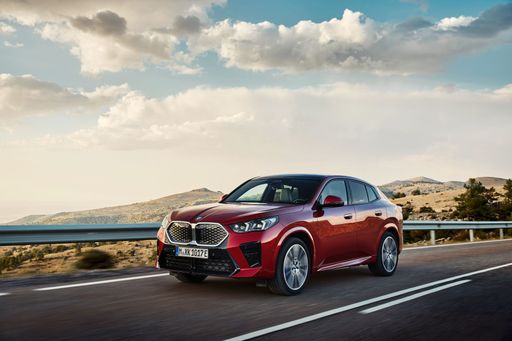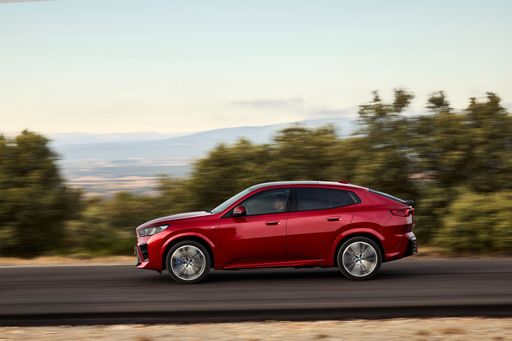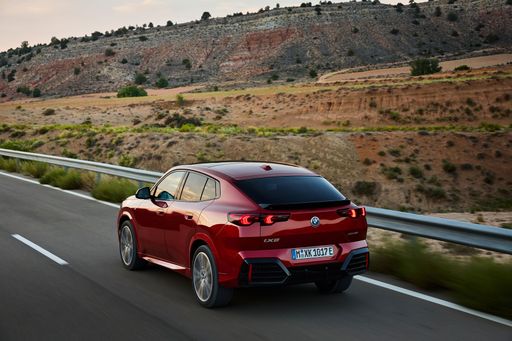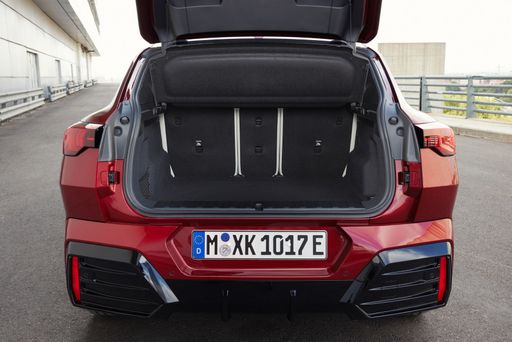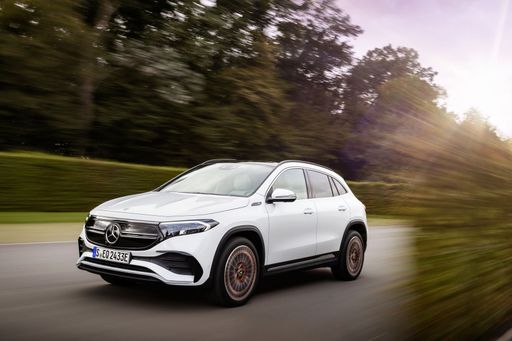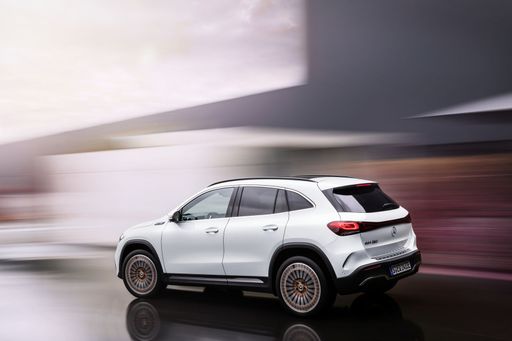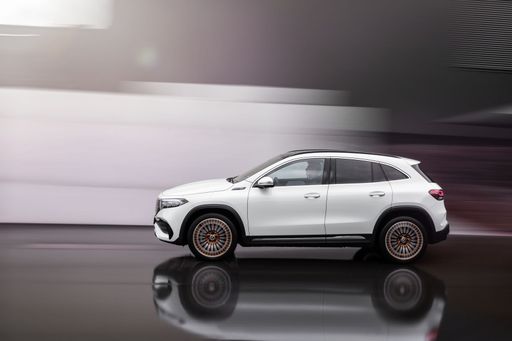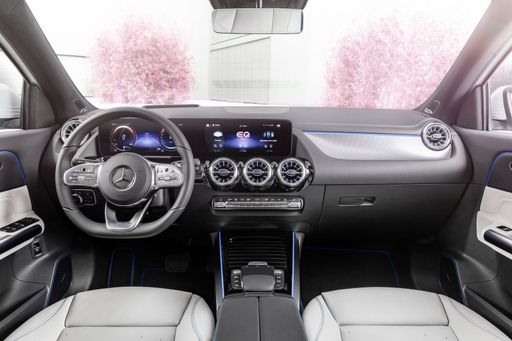Electric Elegance: The BMW iX2 vs. Mercedes EQA
As the automotive world leans increasingly toward electrification, two key players have emerged in the compact SUV segment: the BMW iX2 and the Mercedes EQA. Both models boast impressive specifications and innovative technologies, catering to eco-conscious drivers without compromising on performance or comfort. This article delves into the technical aspects and innovations of these electric SUVs, comparing them across several critical parameters.

